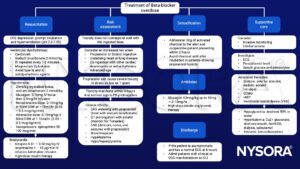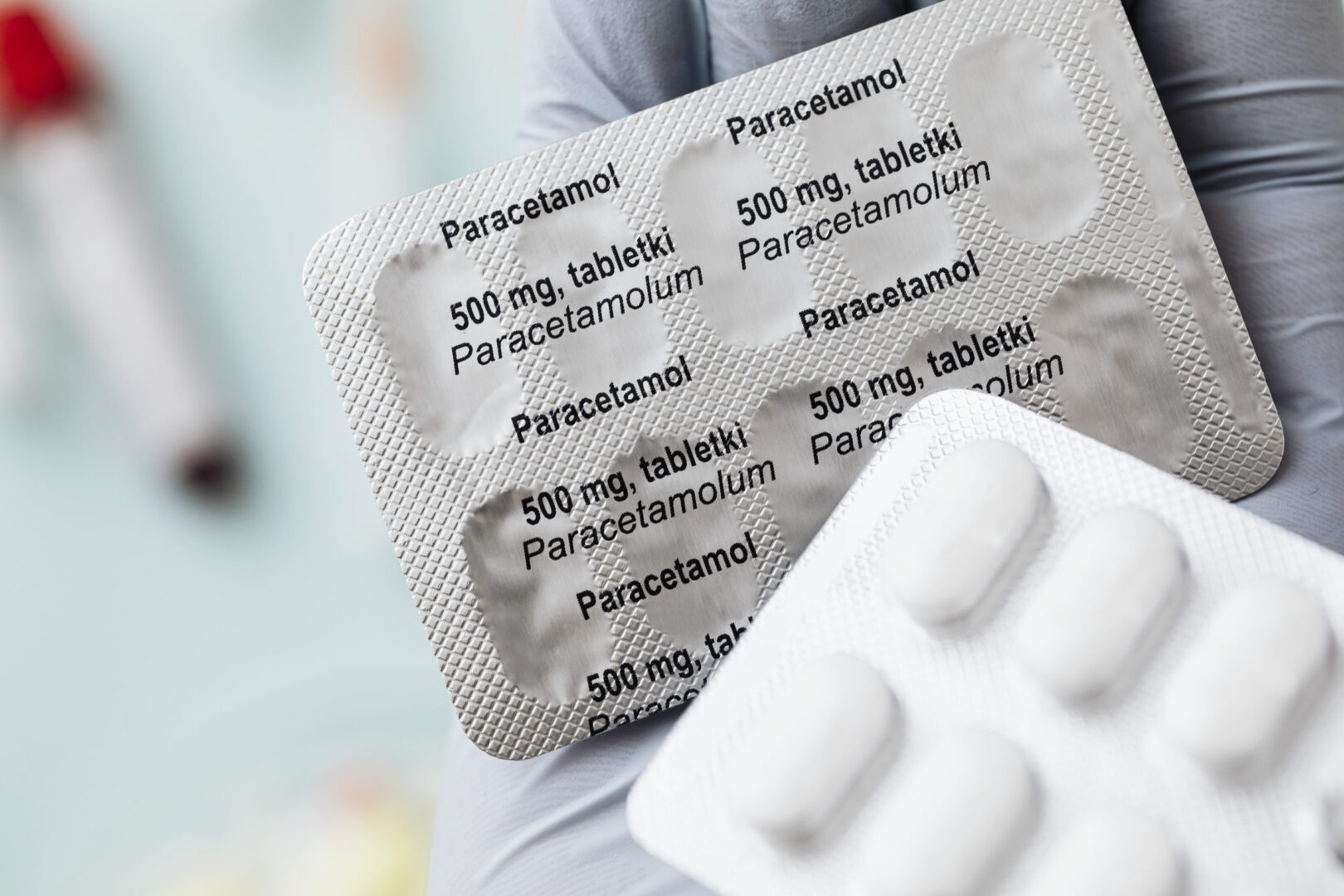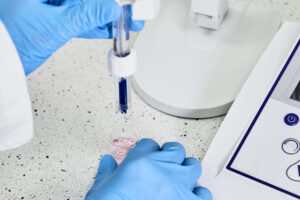Learning objectives
- Diagnose and treat beta-blocker overdose
Definition and mechanisms
- Beta-blockers are a type of medicine used to treat high blood pressure and heart rhythm disturbances
- Also used in the treatment of thyroid disease, migraine, and glaucoma
- Isolated beta-blocker overdose is usually benign
- Two beta-blockers require special consideration because of cardiac instability:
- Propanolol -> causes sodium channel blockade -> QRS widening -> treat with NaHCO3
- Sotalol -> causes potassium efflux blockade -> long QT -> monitor for Torsades
- Beta-blockers competitively block beta-1 and beta-2 receptors
- Results in decreased production of intracellular cyclic adenosine monophosphate (cAMP) with a resultant blunting of multiple metabolic and cardiovascular effects of circulating catecholamines
- In therapeutic doses, this leads to a reduced heart rate and blood pressure
- An overdose causes the heart to enter a shock state
- Comorbid disease (CAD, CHF, atrial fibrillation, dysrhythmias, HOCM)
Signs and symptoms
- Proportional to the type and amount ingested
| Respiratory system | Bronchospasm |
| Visual system | Blurred vision Double vision |
| Cardiovascular system | Hypotension Bradycardia AV block Heart failure |
| Metabolic system | Hypoglycemia Hyperkalemia |
| Nervous system | Weakness Nervousness Excessive sweating Drowsiness Confusion Seizures Fever Stupor Coma |
Management

For this and more “US-Guided Pain Blocks” help, download our “Ultrasound-Guided Pain Blocks App”.
Suggested reading
- Shepherd G. Treatment of poisoning caused by beta-adrenergic and calcium-channel blockers. Am J Health Syst Pharm. 2006;63(19):1828-1835.
We would love to hear from you. If you should detect any errors, email us customerservice@nysora.com







